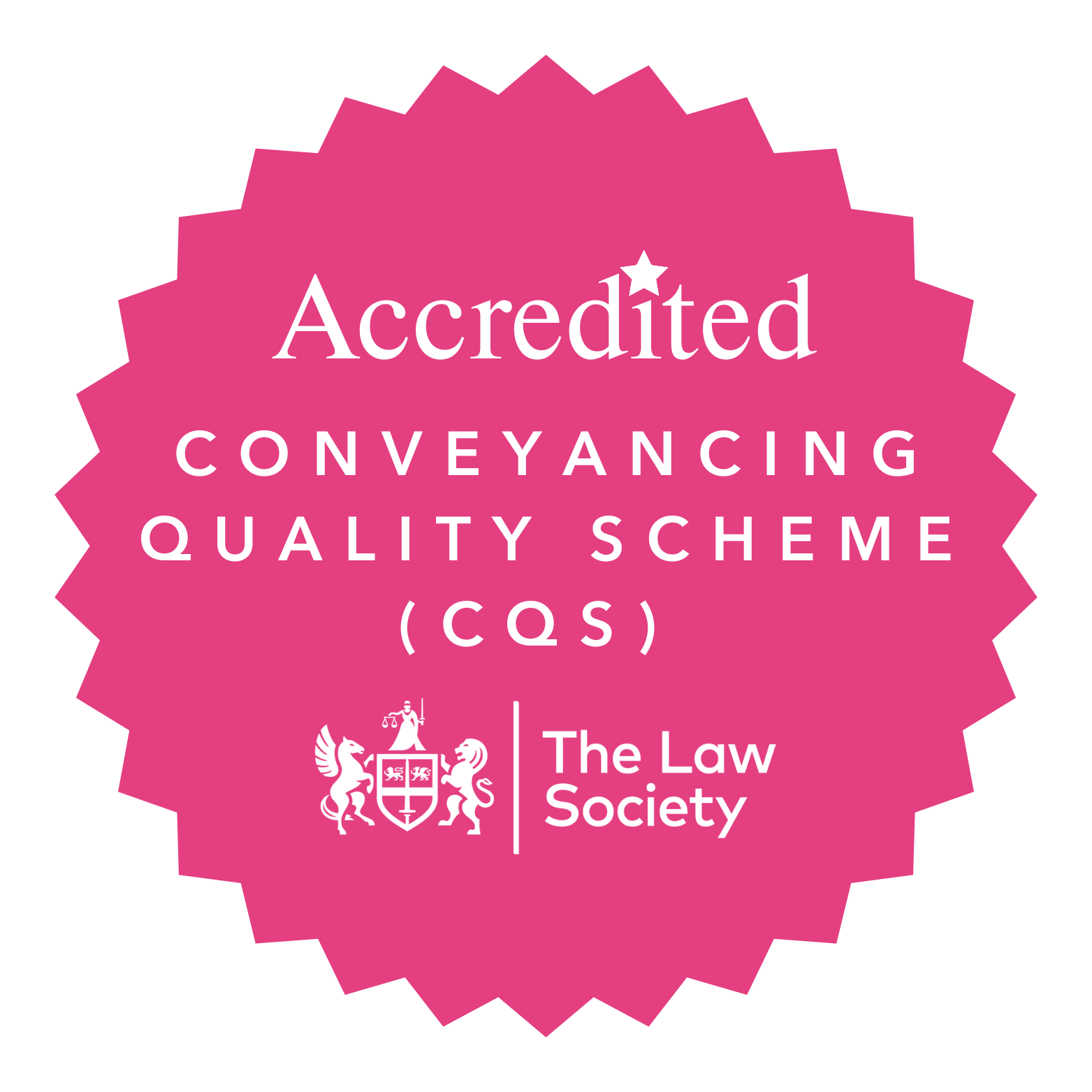Employment law can be complicated, and few people have a clear idea of all their rights at work.
What should I do if I feel I have been unfairly treated by my employer?
If you think your employer has treated you unfairly, it is important to get legal advice at the earliest opportunity. In some circumstances there are particular steps you must follow to sort problems out with your employer before you can take a complaint to an employment tribunal, as well as specific deadlines for making such complaints. Generally, the longer you leave a problem, the hard it is to solve.
How we can help you
At Scott Rowe we can help you by:
- explaining your options
- telling you if you have a legal case against your employer;
- helping you decide whether your case is worth taking further; and
- explaining what you should do next
Starting the process
When you first contact us you should explain your situation briefly over the phone and set a date for a meeting. At the meeting we will need to know:
- how long you have worked for your employer;
- how much you earn;
- what events have led to your current situation; and
- we will need to see any relevant documents including your written contract (if you have one) and payslips.
Exploring the alternatives
Once you have explained your circumstances in detail, we can explain your options on how best to move forward.
If you have not already done so, you may need to try to sort out the problem with you employer direct before taking any other action. We can help you set out your case and, if appropriate, try to negotiate a settlement for you. If you are happy to carry out negotiations directly with your employer, we can offer useful advice on how best to go about doing this.
If you cannot solve the problem with your employer direct an employment tribunal may be your best option. If so, we can help by preparing your case and representing you at the tribunal.
What is an Employment tribunal?
An employment tribunal is chaired by a lawyer and made up of two independent "wing" members with experience of employment relations. The tribunal will:
- weigh up the evidence;
- consider the law; and
- decide whether your claim against your employer is justified.
Decisions are made by majority and most are announced straight away. If the tribunal decides in your favour, it has the power to award you compensation. Or if you are claiming for unfair dismissal, it can sometime order your employer to give you your job back, though this is rare.
However, it is important to try to sort out your problem with your employer first. Employment tribunals will not hear your claim unless you can show that you have set out your complaint in writing to your employer before taking your claim to the tribunal.
Following your employer's procedures
If you have started using you employer's complaints procedures or if your employer has started to take actions against you (for example, about your behaviour, the quality of your work, your ability to do your job or your attendance) you should try to go to any meetings that are arranged and use any appeal procedures your employer has in place.
You should try to solve your problem with your employer direct because;
- matters can often be sorted out quite quickly this way;
- employment tribunals can reduce your compensation if you haven't tried to sort out the matter with your employer before taking your case to them; and
- often it is possible to negotiate settlement and we can help you with this process.
How long do I have should I need to make a complaint against my employer?
The time limits for taking your claim to a tribunal depend on what your complaint is about.
If you are complaining because you think you were unfairly dismissed, you must make your claim to the tribunal within three months of the date you were dismissed.
The deadlines may be extended, but only in limited circumstances. Because the rules on time limits are complicated it is worth getting advice from us as soon as you can to make sure you make your claim in time.
What is a settlement arrangement?
A "settlement arrangement" is a legal document which confirms the terms of the settlement you have agreed, in exchange for which you give up your legal claims against your employer. Your employer usually makes a contribution to your legal costs as part of the agreement.
Our areas of expertise include:
- Redundancy
- Contract and policy advice and negotiation
- Transfer of Undertakings
Make an enquiry
To discover more about how our employment law solicitors can help you, please make a no obligation enquiry by either calling us on 01297 32345 or by making a free online enquiry.







